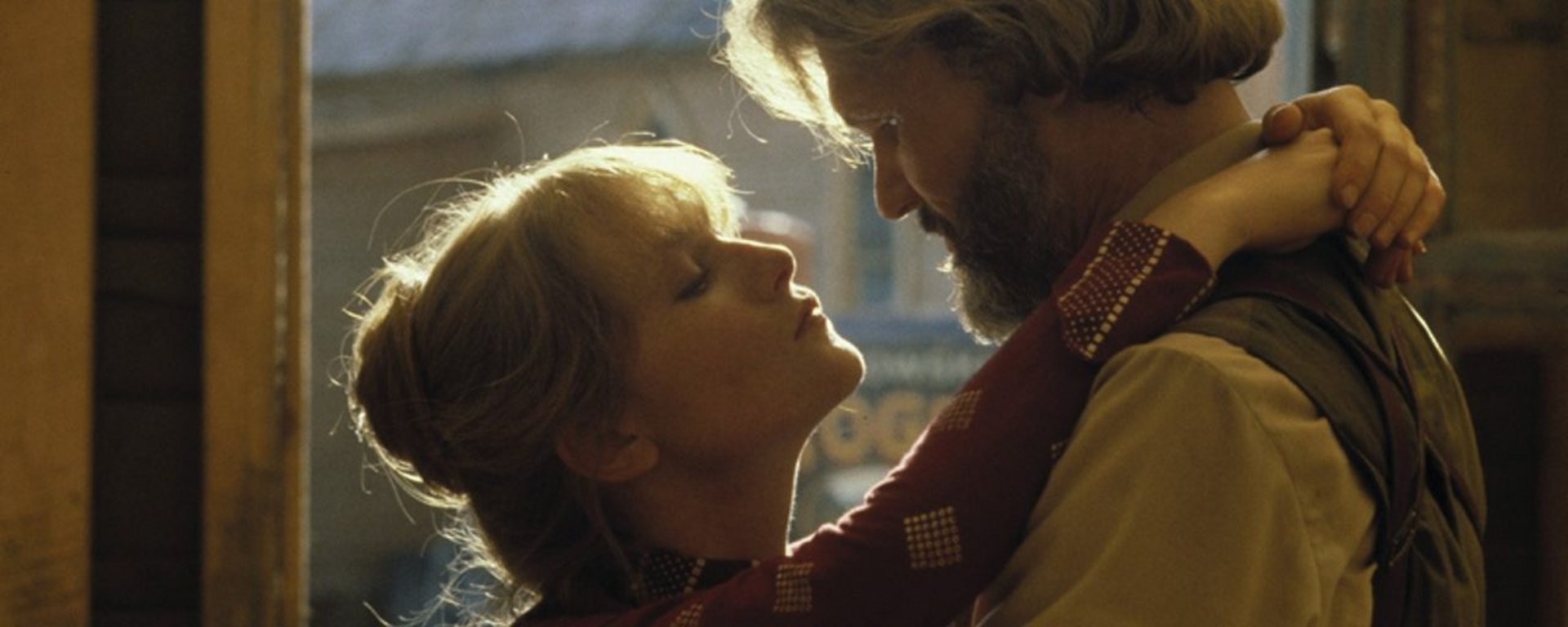
Heaven's Gate
Michael Cimino’s epic western sees two former friends on opposite sides in the 1892 Johnson County Wars, a conflict between rich landowners in Wyoming and an influx of European immigrants trying to make new lives on the American frontier. The film’s financial and political impact are now part of Hollywood history, but it also has a long history with the BBFC.
When first submitted for theatrical release in 1981 the film received an ‘X’ certificate, primarily due to strong violence, especially a rape scene.
However, before the 'X' could be awarded, the BBFC needed to consider whether any sections of the film featured moments of animal cruelty that might be in breach of the Cinematograph Films (Animals) Act 1937.
The BBFC had been alerted to this possibility both by publicity from the US, where the film had been condemned as 'unacceptable' by the American Humane Association, and by the British RSPCA who had written to the BBFC suggesting the film was likely to require 'special scrutiny' before UK release. Accordingly, the BBFC invited representatives of the RSPCA to come in to see the film in order to take their views on it. The RSPCA confirmed the BBFC's own view that a scene of cockfighting and some cruel horse trips were likely to be in breach of the 1937 Act. Accordingly, these were deleted from the film before a certificate was awarded. In spite of the compulsory cuts, which ensured the released version remained within the letter of British law, animal welfare groups encouraged the boycotting of the film as a protest against the manner in which animals had clearly been mistreated on set.
The distributor then submitted the film for video (VHS) classification in 1986, when the cuts were replicated and the work passed at 18 (the category that had replaced the 'X' in 1982).
The most recent submission was in 2013, as part of a larger Blu-ray package. Examiners noted that the film's violence was now within 15 Guidelines and that the 18 category awarded in the 1980s was therefore no longer appropriate. In particular, they noted that the rape scene was visually discreet, with very little detail, and the focus virtually all on the woman’s face, with no eroticisation or invitation to the audience to identify with her assailants. The attack was intercut with the lead male character seeing what was happening and coming to the rescue. The entire scene seemed contextually justified and, as two of the characters noted afterwards, it illustrated the point at which the cattle owners, despite being in the right legally, had completely lost any sense of morality in their actions. This accorded with the BBFC's 15 Guidelines on sexual violence, which stated: ' … any portrayal of sexual violence must be discreet and have a strong contextual justification'.
The submission of an uncut version of the film also gave the BBFC the chance to take a fresh look at the scenes of animal cruelty. The BBFC concluded that the majority of the original cuts were still required under the BBFC policy on animal cruelty, including the cock fight and a number of obviously cruel forwards horse trips. However, the BBFC also decided that a couple of trips, in which horses were pulled backwards or sideways, were not clearly unacceptable and could well have been achieved without any cruelty. Accordingly, those two brief cuts were waived. The distributor accepted the marginally revised cuts and the new 15 classification, and in August 2013 the film was finally released in a format other than VHS, with the BBFCinsight 'Contains strong violence, sexual violence, sexualised nudity and language'.